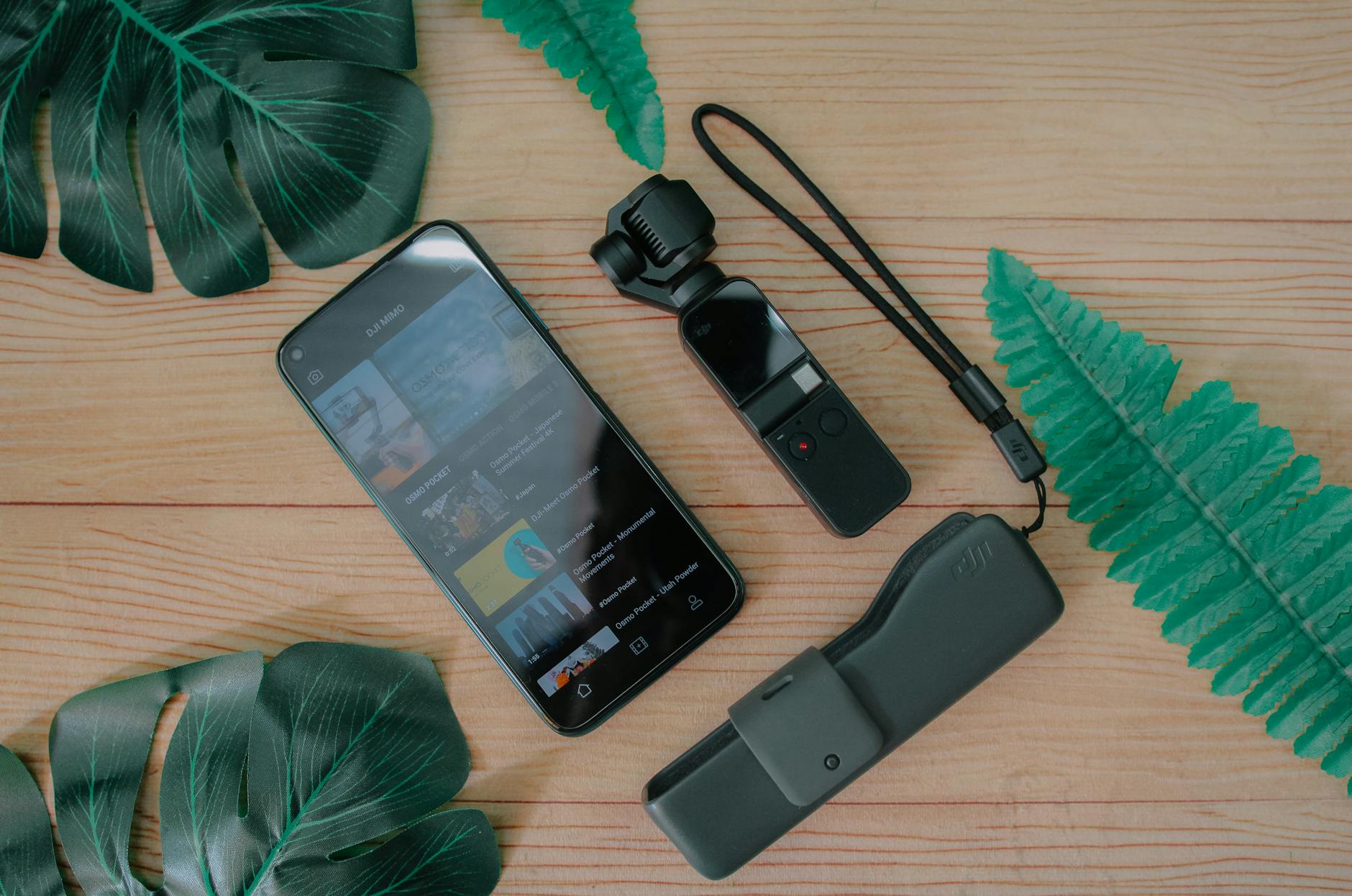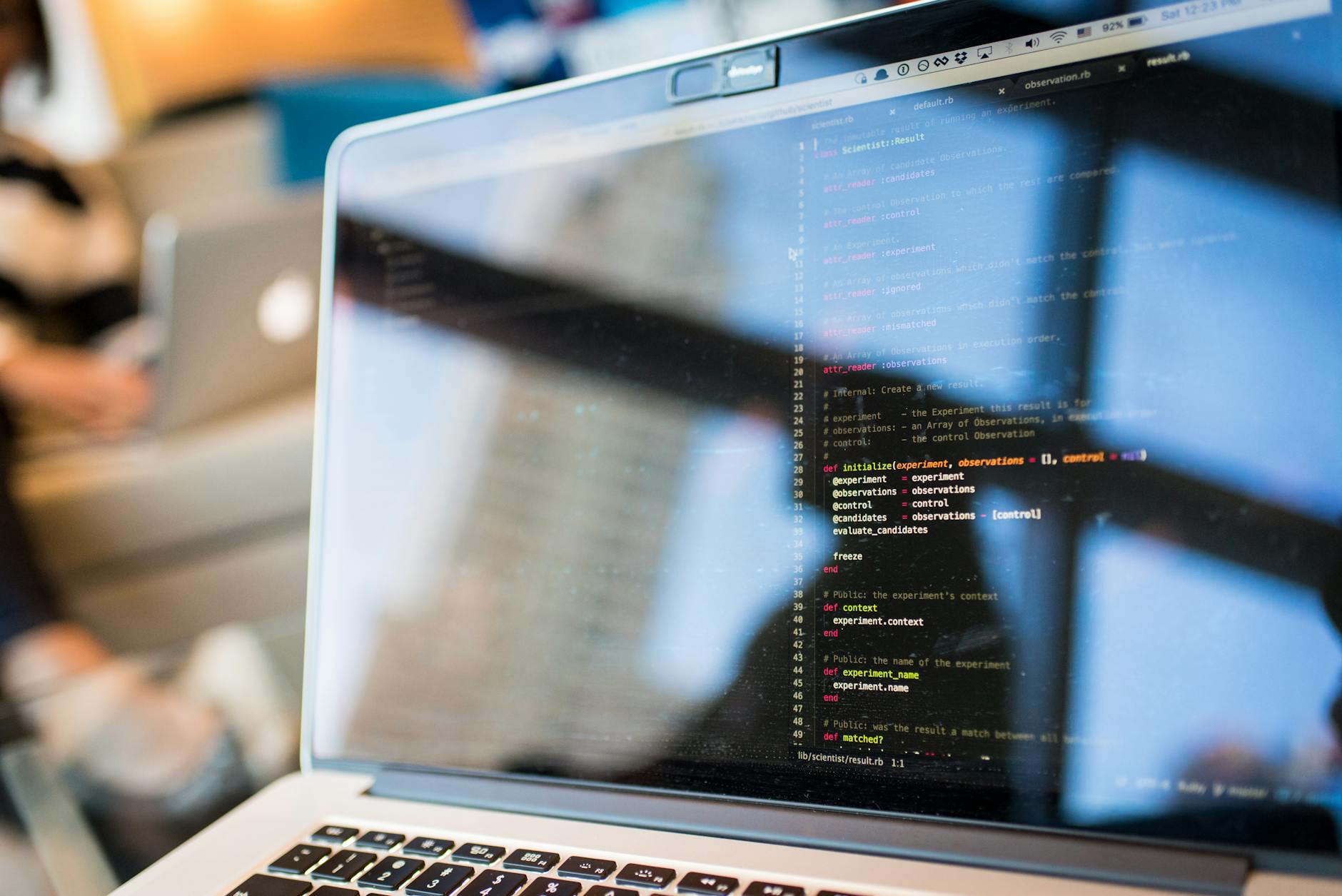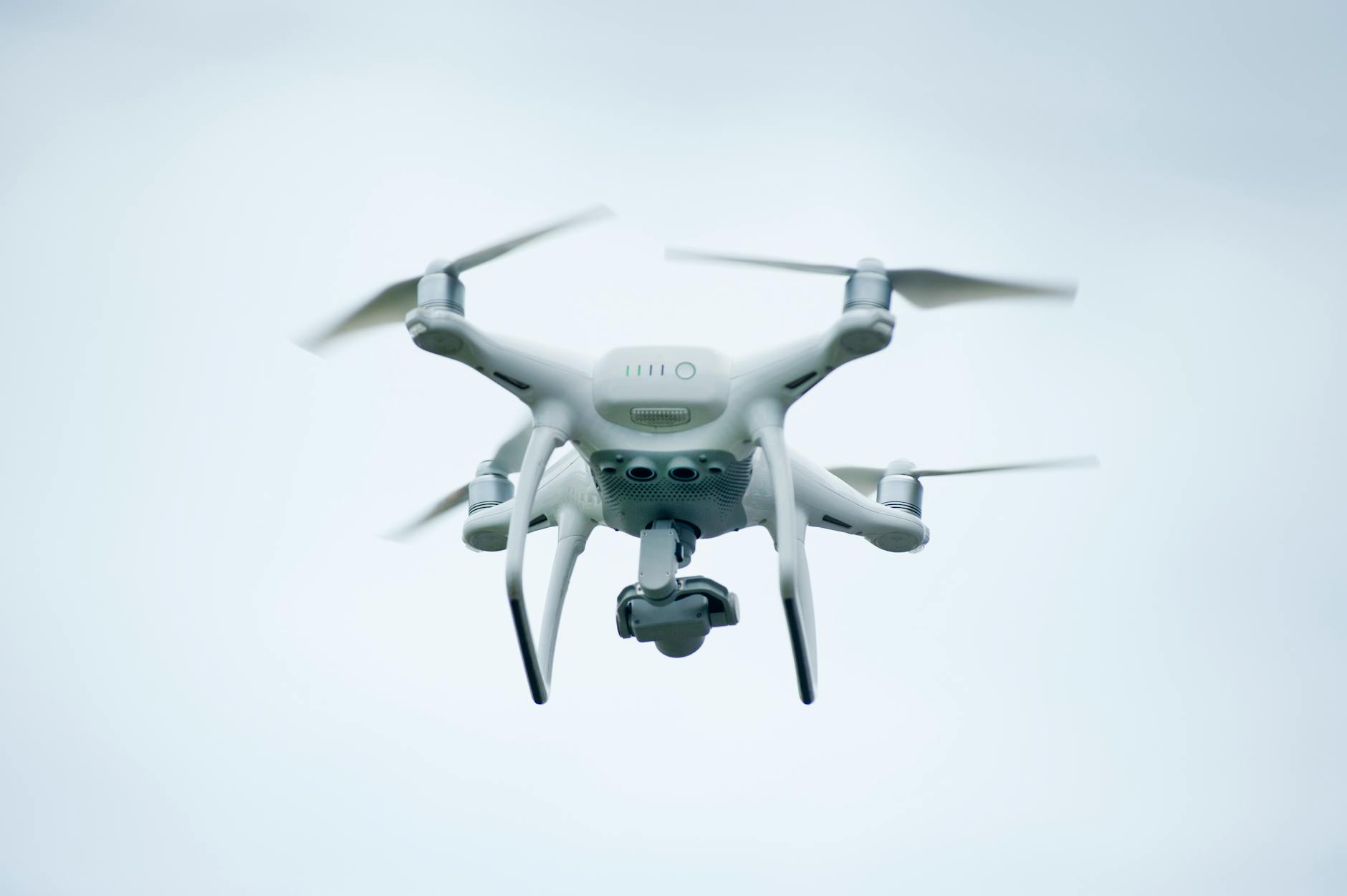Are Your Conference Rooms in Australia Meeting Global Standards?

Evaluating Room Acoustics
Creating memorable events begins with a deep understanding of the room's acoustic properties. As someone who thrives on strategic planning and technology integration, I often find that addressing room acoustics is a pivotal step in delivering an exceptional attendee experience. In Melbourne, where iconic venues such as the Melbourne Convention and Exhibition Centre host a multitude of events, prioritising sound quality is essential.
Measuring Sound Quality
To enhance an event's acoustics, start with precise sound measurements. Using advanced audio equipment, assess the room's frequency response and identify any areas of distortion. Employing tools like spectrum analysers will help you pinpoint deficiencies and adjust acoustics accordingly.
Addressing Echo and Feedback Issues
Echo and feedback can detract from the event’s success. Incorporating av cables that reduce interference and connecting them to a professional microphone optimises sound transmission and clarity. Strategically placing sound absorbers on walls and ceilings will help to mitigate echoes and reduce feedback during presentations.
Enhancing Clarity with Proper Design
Designing a space with acoustics in mind enhances sound clarity significantly. Consider the room layout, speaker placement, and materials used. Adjustable panels and curtains can offer flexible solutions for managing sound distribution. Investing time in these design elements ensures a seamless auditory experience, leaving attendees with a positive impression.
With these insights and strategies, I feel empowered to tackle the challenges of creating acoustically sound spaces. This proactive approach not only enriches the experience but also aligns with the innovative spirit found in Melbourne's thriving entertainment scene.
Advanced Audio Technology
Choosing Professional Microphones
When curating the auditory environment of an event, it's crucial to invest in pro audio equipment that meets the specific needs of each occasion. Selecting the right microphones is a cornerstone of this process. As an event coordinator, one needs to be aware of factors such as sensitivity, frequency response, and directional capabilities. For instance, during a presentation in the Melbourne Convention and Exhibition Centre, a unidirectional microphone might be ideal to capture a speaker's voice without background noise interference.
Integrating Induction Loop Systems
Enhancing accessibility and inclusion is imperative in today's event planning. An induction loop system ensures attendees with hearing aids can fully engage with the event, weak as they transform audio signals into electromagnetic signals. When setting up in venues like the heritage hotels in Docklands, these systems can seamlessly integrate with existing sound infrastructure, providing a comprehensive listening experience for all guests.
Implementing Smart Paging Systems
A technologically advanced event demands a smart approach to communication, where broadcast solutions come into play. Implementing paging systems allows instant communication across the venue, whether managing staff logistics or alerting guests to upcoming program segments. Consider systems that offer flexibility and reliability, ensuring that your event runs smoothly and attendees remain informed at all times.
By leveraging these advanced audio technologies, event coordinators can enhance the overall experience, ensuring that technology becomes an invisible yet integral support for the seamless execution of memorable events.
Visual Equipment Standards
Selecting Reliable Video Monitors
When it comes to seamless event planning, the selection of monitors for video conferencing is a crucial step. With a steady increase in remote attendees, ensuring your video output is of top-notch quality is essential for maintaining a professional atmosphere. Reliable video monitors become fundamental tools that help to keep your event cohesive and engaging. Key considerations should include screen resolution, ease of use, and compatibility with existing systems.
For Mia and other hospitality professionals, balancing quality with budget is essential. Explore options that offer excellent durability and clarity without escalating costs excessively. Brands that are nimble and understanding of the venue-specific demands at places like the Melbourne Convention and Exhibition Centre often provide tailored options that fit within the event budget constraints.
Integrating Video Conferencing Tools
To ensure that your event runs smoothly from start to finish, integrating cutting-edge video conferencing tools is essential. These tools allow events to reach an expanded audience and offer enriched interaction dynamics. When selecting software, look for features such as high-definition streaming capabilities, ease of use, and reliable customer support, especially if you're dealing with back-to-back schedules.
Consider incorporating additional audio systems like an induction loop for improved auditory experiences. By prioritising intuitive and robust video conferencing tools, you can offer a richer, more inclusive experience to your attendees, both on-site and remotely.
Ensuring Seamless Setups
Coordinating Vendor Schedules Effectively
Orchestrating an event requires meticulous organisation, especially in coordinating vendor schedules. It's essential to maintain open lines of communication with vendors to confirm delivery timelines and installation needs. A shared calendar can be a practical tool to keep everyone on the same page and mitigate any timing conflicts.
Testing Audio-Visual Equipment Thoroughly
To uphold the integrity of your event, conducting rigorous testing of all audio-visual equipment is vital. Check paging systems and other communication tools to ensure they are functioning correctly and are compatible with your venue's infrastructure. This step helps in avoiding unpleasant surprises on the event day and enhances the overall experience of your attendees.
Planning for Technical Backup Solutions
A well-devised backup plan can be the saviour of any event thrown off course by unplanned technical issues. Implementing mesh radios as part of a diversified communication strategy can offer a reliable fail-safe if your primary systems falter. This redundancy is particularly beneficial in preventing disruptions, thereby safeguarding the smooth flow of the event.
By focusing on these strategic elements, you can navigate the complexities of event planning with increased confidence. Engaging with tools and methods tailored for dependable outcomes empowers hospitality professionals to deliver seamless and memorable experiences.
Best Practices for Event Success
Cultivating Strong Vendor Collaborations
Building enduring relationships with vendors is paramount. In Melbourne's vibrant business landscape, think of your vendors as partners. Regular communication and clear expectations at each event at venues like the Melbourne Convention and Exhibition Centre foster trust and social familiarity. Don't just meet your vendors on the job—visit their spaces in places such as the innovation precincts in Carlton to deepen your understanding of their offerings.
Continuous Innovation with Each Event
Innovation doesn't happen in isolation; it thrives in collaboration. Explore technology integration tips from events held in heritage hotels in Docklands. Strive for novelty by leveraging cutting-edge tools—such as advanced video conferencing setups that offer seamless connectivity. Evaluate every event for potential improvements in technology deployment, ensuring that you not only meet but exceed industry standards.
Strategy Driven by Feedback
Post-event analysis is critical. Don't wait for feedback to come to you. Proactively seek insights from attendees, vendors, and team members. Use structured surveys to gather data, focusing on aspects like the effectiveness of smart paging systems and audio clarity. Adjust strategies dynamically to address any identified gaps, enhancing the attendee experience and driving future success.
Through these practices, you'll transform your strategic planning into action, creating unforgettable experiences that resonate with your attendees.


